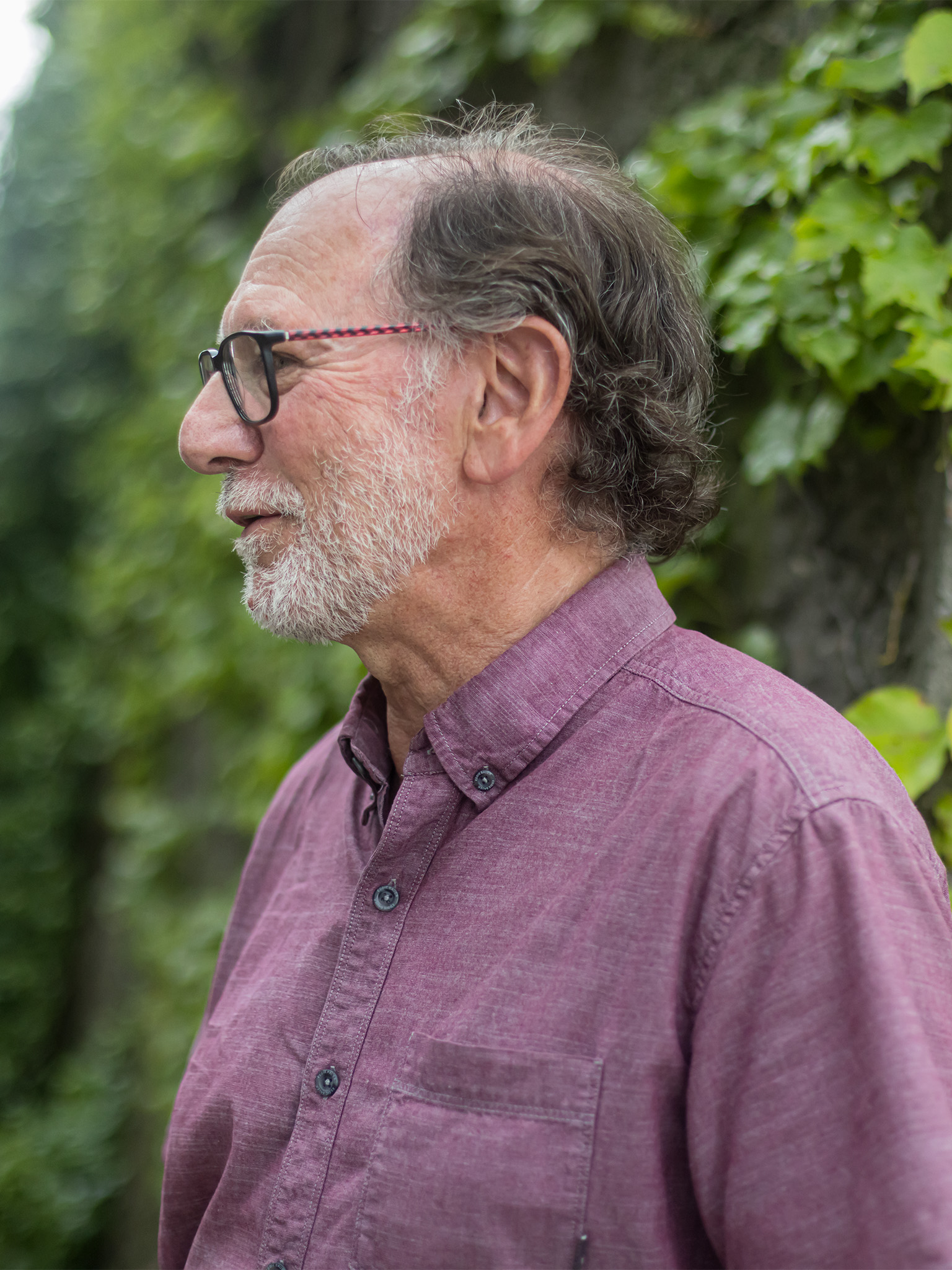The Good Fight
by Deirdre Kelly
photography by Horst Herget
Canadian involvement in the Spanish Civil War will get increased recognition thanks to a new $1-million donation to York University in support of teaching students about the fight against fascism.
The gift from the Mackenzie-Papineau Memorial Fund will go toward hiring a new professor of history to replace Adrian Shubert, a York professor emeritus and leading Canadian Hispanist who retired from the University last year. “I thought the teaching of modern Spanish history would end with my departure,” Shubert, a fellow of the Royal Canadian Society, says, “so this is a thrilling new development.”
It is estimated that close to 1,700 Canadians volunteered to fight in the conflict that was instigated when a group of generals that included Francisco Franco attempted to overthrow the Spanish Republic in 1936. The failed coup d’état sparked a civil war that raged until 1939, dividing Spain into two acrimonious factions.
On one side were the Franco-led rebels, assisted by Hitler and Mussolini; on the other were the Republicans, a diverse group that included middle-class democrats, Socialists, anarchists and Communists, and whose numbers were augmented by foreign volunteers who felt it imperative to push back the tide of fascism that was then starting to swell in Europe.
Many of the Canadians who enlisted to fight overseas were Communists who eventually formed their own unit. They called themselves the Mackenzie-Papineau Battalion in tribute to Louis-Joseph Papineau and William Lyon Mackenzie, leaders of Canada’s anti-colonial rebellion of 1837.

Famed Canadian physician Norman Bethune joined their ranks, treating the wounded on the battlefield with his mobile Canadian Blood Transfusions Unit, which helped to save many lives. Back home, Canadian artists and writers supported the cause with seminal modernist literary works about the Spanish War, among them Ted Allen’s novel, This Time a Better Earth, and Dorothy Livesay’s poem, “Catalonia,” which lionized fallen Canadian soldiers.
Despite the surge of popular support, the Canadian government passed a law prohibiting its citizens from enlisting in the Spanish conflict. Along with Britain, France and the U.S., Canada was officially neutral. Italy and Germany also agreed to be part of an international non-intervention agreement, but this did not stop them from continuing to send arms and troops to fellow fascist Franco as they had been doing since the first days of combat. Their support helped the Nationalists win the war.
Up to half of the Canadians who fought in Spain died there.
When the survivors returned to Canada they were branded as renegades by the government and restrained from participating in military operations during the ensuing Second World War. They were also denied veterans’ benefits and excluded from the Books of Remembrance kept at Parliament Hill. They were surveilled by the Mounties into the 1980s.
Recognition of their valour has come mostly this century with the erection of monuments, funded by private initiatives that commemorate the Mackenzie-Papineau Battalion in Winnipeg, Toronto, Victoria and Ottawa. In 2007, the government of Spain granted the Canadian volunteers citizenship. Now Canada itself is recognizing the role they played in the battle.
In September 2022, a virtual museum of the Spanish Civil War – vscw.ca – opened with funding from Canada’s Social Sciences and Humanities Research Council (SSHRC). Directed by Shubert, together with Trent University historian Antonio Cazorla-Sánchez, it is the first museum dedicated to this central event of 20th-century history. Phase 2 of the project is now underway, and will involve a gallery on Canada and the Spanish Civil War, curated by York history Professor Marcel Martel and doctoral student Maggie McKeon. It will highlight Canada’s history of anti-fascism, the role of the Mackenzie-Papineau Battalion, and the ways in which the conflict has so far been remembered.
Future plans include building a bibliographic reference, as well as teaching modules for high school and post-secondary students. York will be a direct beneficiary of these efforts, especially now that funds have been made available to create a new Chair in the History of the Spanish Civil War.
Says Shubert, “It’s a great opportunity to ensure that the Spanish Civil War – and the Canadian contribution – will continue to be studied and discussed. With the extreme right growing in influence around the world, this wonderful donation could not be more timely.” ■